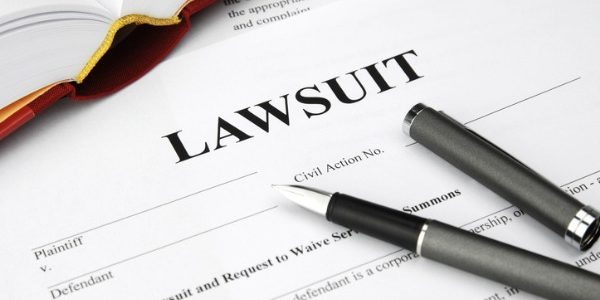Death is often unexpected and can come while someone is busy with their lives, caring for family, running their business, and even when they’re working on a lawsuit. Sometimes, after someone has passed away, their assets or their passing itself becomes the object of a lawsuit. So how is the estate involved in these lawsuits and can an estate handle on-going litigation?
Wrongful Death
If a death is caused due to injury such as automobile wreck or workplace injury, then there may be a wrongful death lawsuit against the individual or company responsible for the death. While these cases are often worked out based on insurance available, in any situation, the wrongful death lawsuit is brought by the estate and handled by the personal representative for the estate. Proceeds from the lawsuit do not necessarily follow the guidelines of the will or intestate succession but rather focuses on helping those who were financially dependent on the individual such as a spouse or children.
Estate Litigation
Unfortunately, most litigation estates are involved with are over disputes about the allocation of the assets and the intent of the deceased. Family members who were written out of the will or who did not receive something they believe they were owed often initiate litigation thinking that the personal representative is hiding something from them or mismanaging the estate.
Careful planning and preparation on the part of the testator can limit litigation. While you may not be able to stop your estranged child from suing your estate, you can ensure that your documents are drafted properly and the personal representative has what they need to quickly quash any challenges. Even with large estates, litigation can quickly eat into the available liquid assets, so other modes of dispute resolution are important to consider.
On-Going Litigation
If you were participating in litigation at the time of your death, your estate has the option to continue to pursue that litigation after your passing. This is an area where video depositions can be powerful, allowing you to give testimony in court even years after you’re gone. However, keep in mind that your personal representative will be making decisions that are in the best interest of the estate and beneficiaries and may decide that it’s quicker or better to settle the lawsuit or otherwise close it down.
Handling estate litigation part of managing an estate, though we take steps to try and avoid or limit litigation over the estate itself while planning. At Dunn Law Firm, we take the time to get to know you and your specific situation in order to create a comprehensive estate plan that meets your goals while minimizing the potential for future litigation. To learn more, reach out to the Dunn Law Firm by calling (435) 628-5405 to set up a free consultation today.







